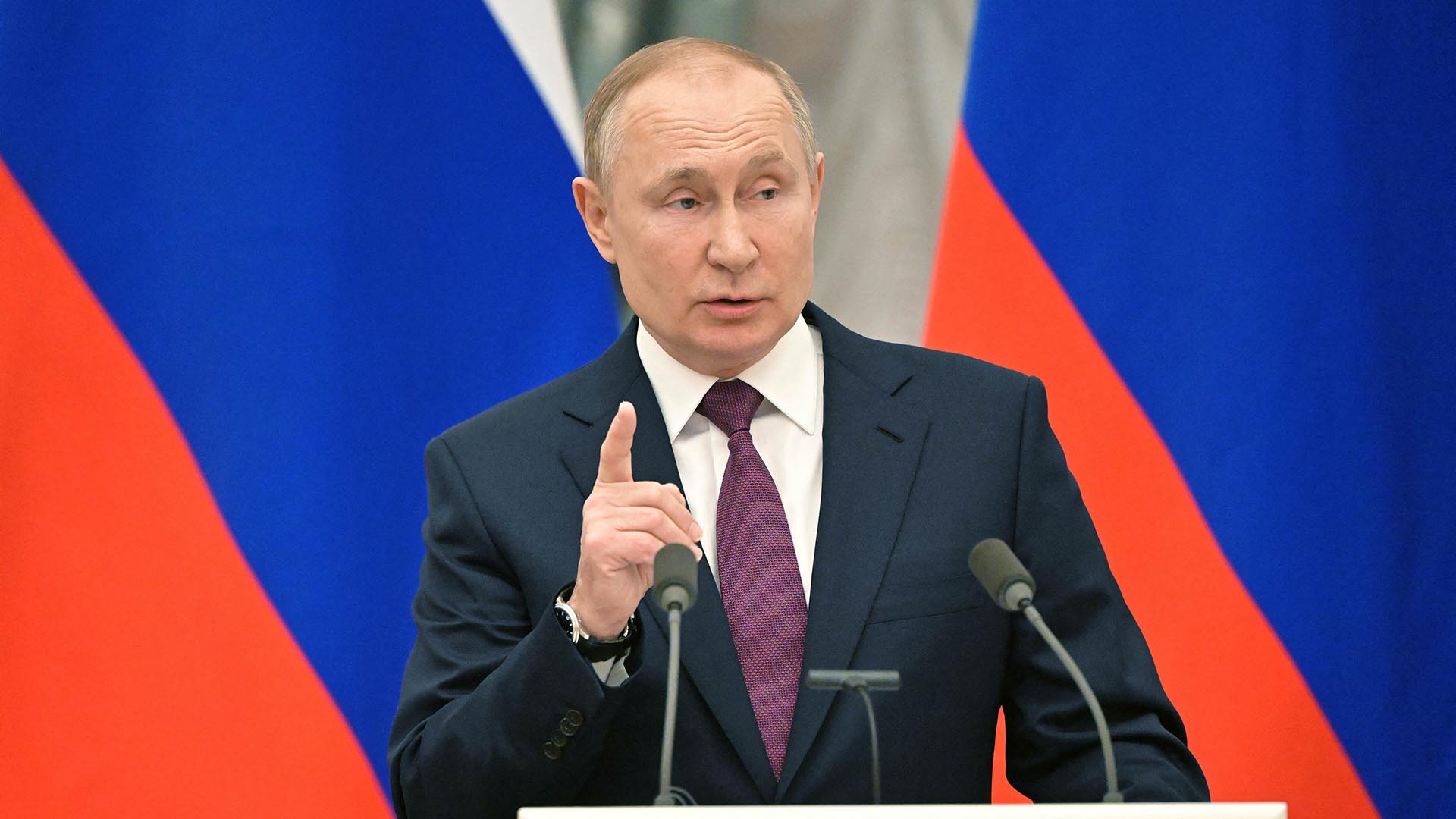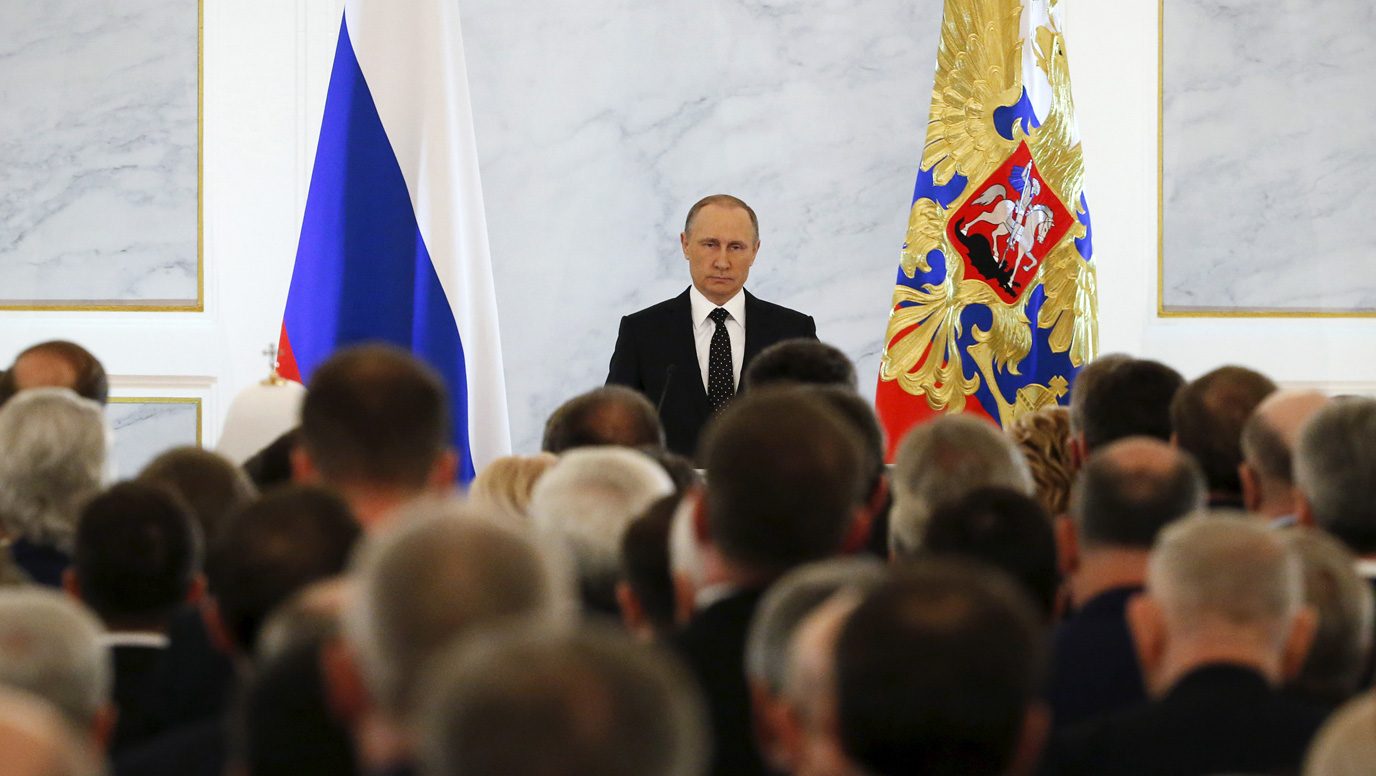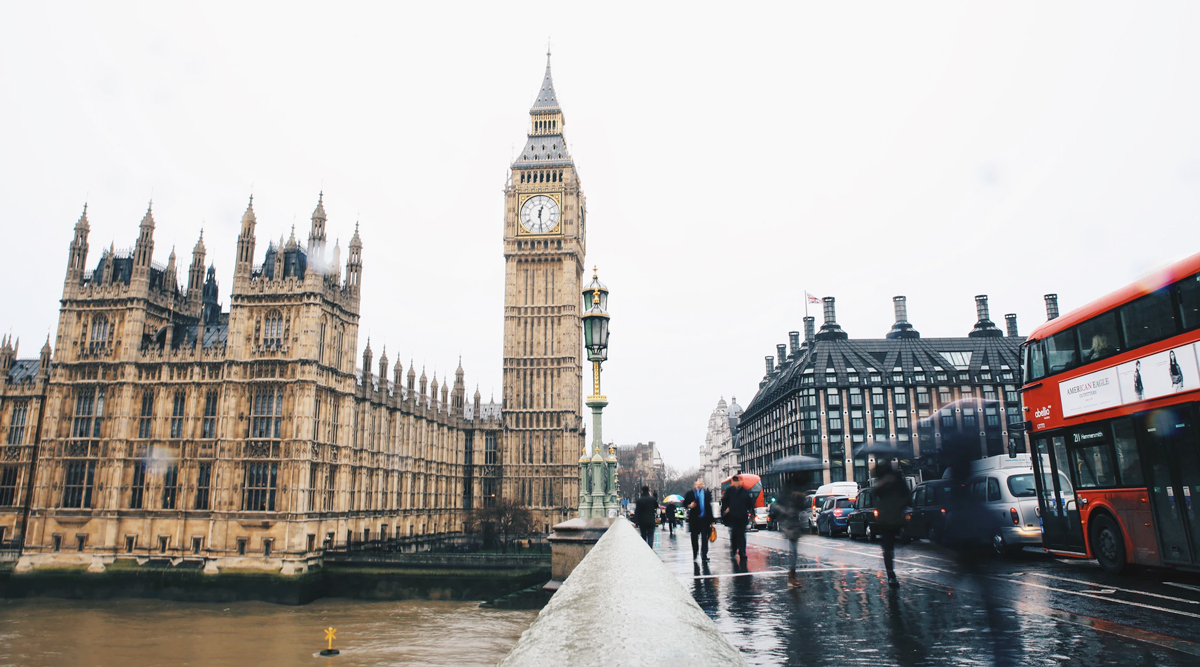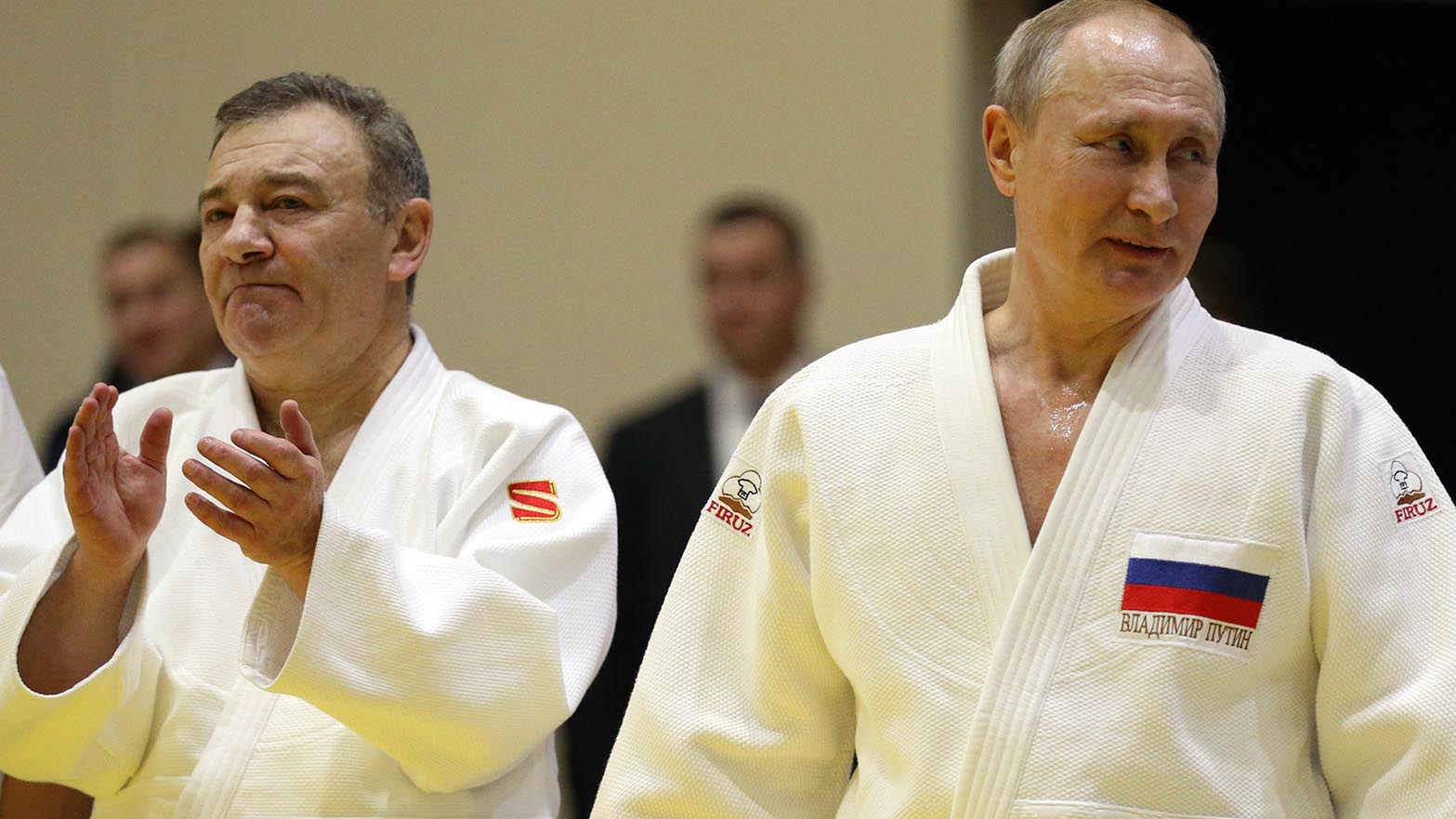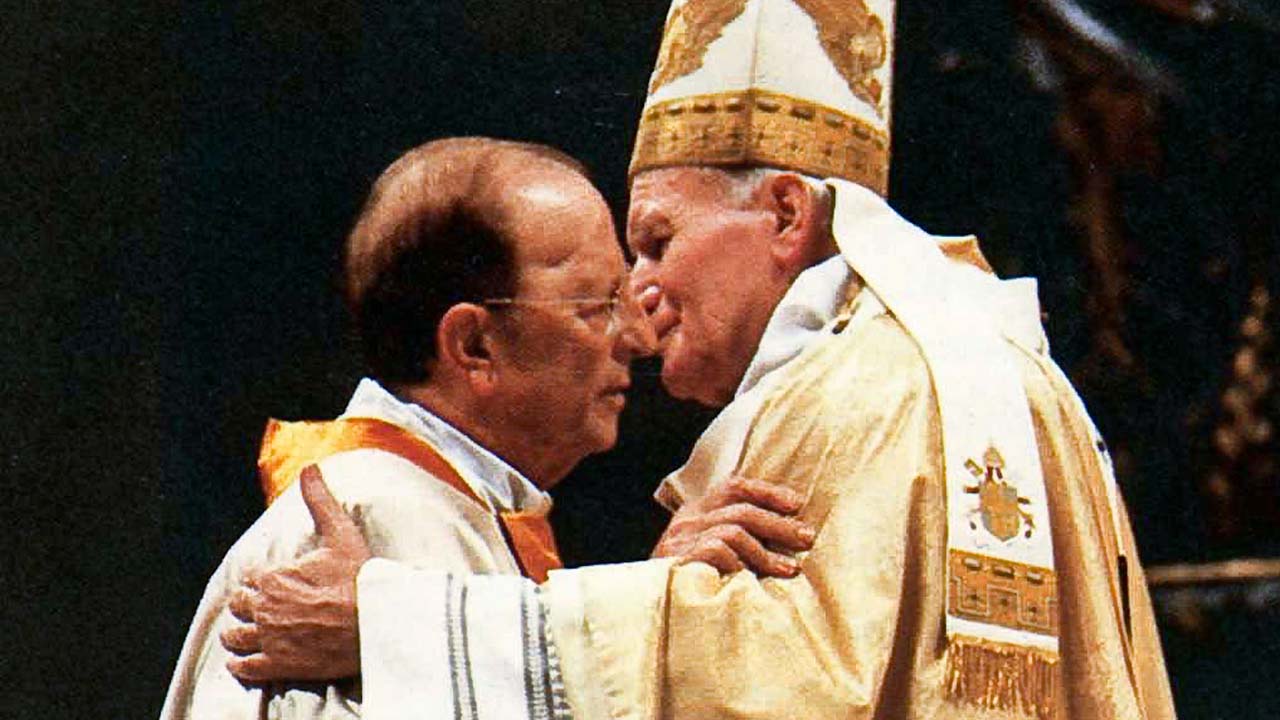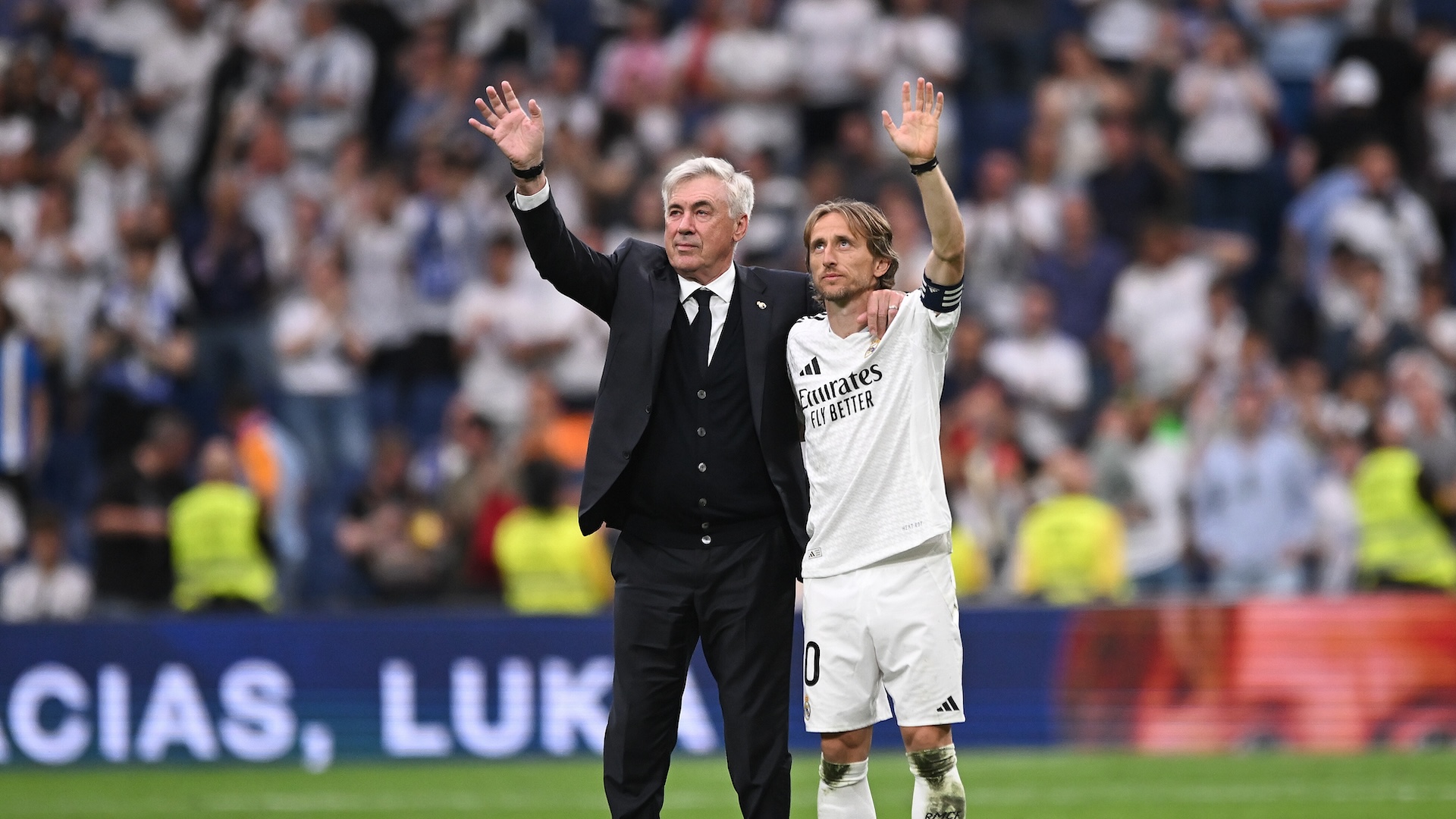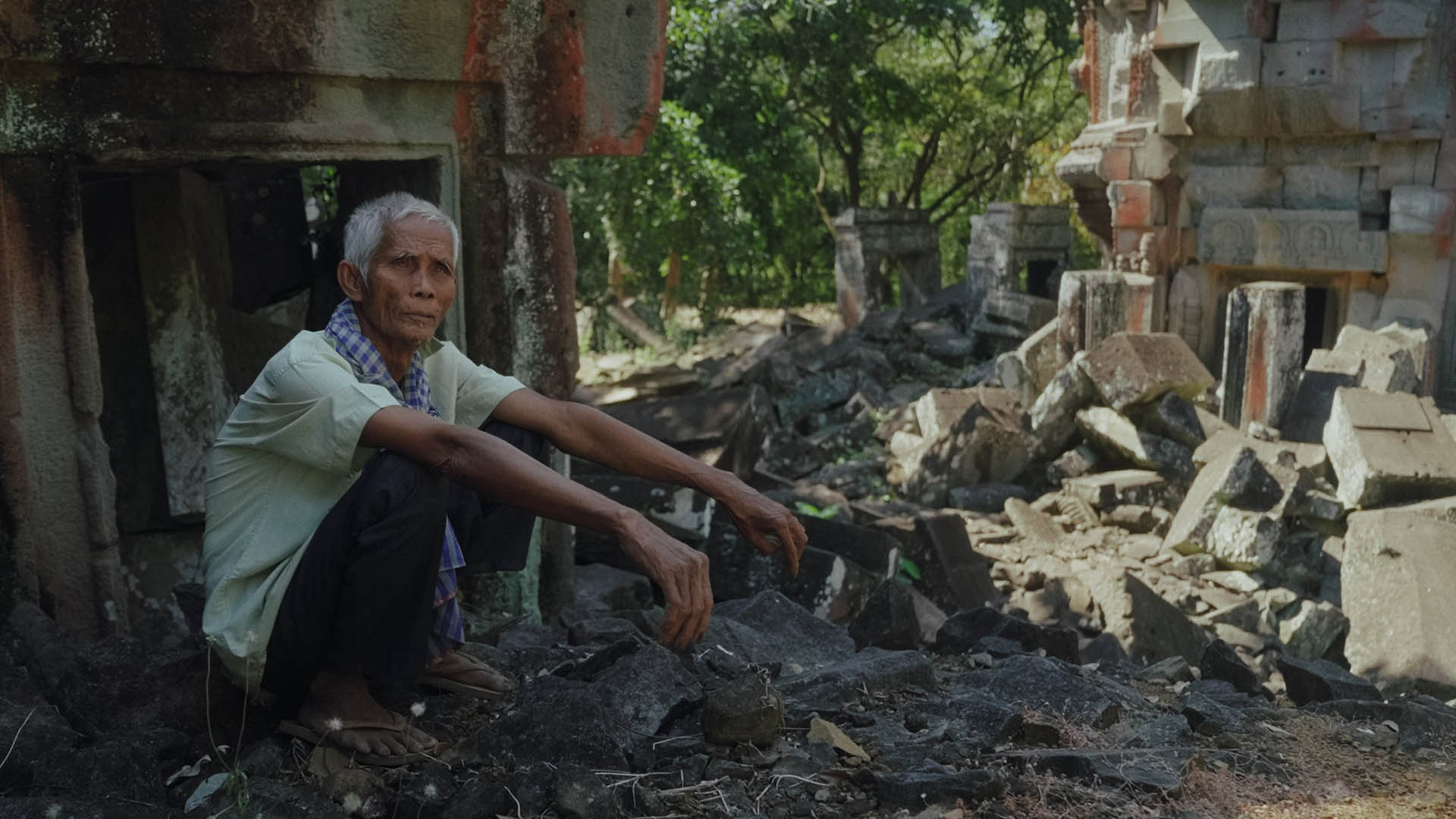The United Kingdom has imposed sanctions on three politically-connected Russian businessmen and five Russian banks in response to Russian President Vladimir Putin ordering troops into eastern Ukraine.
Announcing the move, British Prime Minister Boris Johnson vowed that the U.K. is “targeting Russian economic interests as hard as we can” to counter Russian military aggression. Johnson said the initial barrage of measures would be extended if Russia continued its infringements on Ukrainian sovereignty.
Johnson told MPs Russia’s actions amounted to a “renewed invasion” and “we should steel ourselves for a protracted crisis.”
Russian businessmen Gennady Timchenko, and Igor and Boris Rotenberg – wealthy Russian businessmen with close links to Putin — are all targeted by the measures. The sanctions seek to freeze the businessmen’s assets and restrict their travel in a punitive response to Russia’s actions in Ukraine.
In recent years, reporting by the International Consortium of Investigative Journalists has looked closely at the offshore holdings of powerful associates close to Putin, including Timchenko and the Rotenbergs.
ICIJ’s Pandora Papers showed massive loans involving shell companies based in Cyprus connected to Timchenko. At the time of ICIJ’s reporting, lawyers for Timchenko told ICIJ that “our client’s unequivocal position is that he has always acted entirely lawfully throughout his career and business dealings.”
The sanctions list accuses Timchenko of multiple links to forces “destabilizing Ukraine.” The sanctions list also includes three banks: Rossiya, Promsvyazbank, IS Bank, GenBank, and the Black Sea Bank.
ICIJ and BuzzFeed News’ 2020 FinCEN Files investigation found that after Boris Rotenberg and his brother Arkady Rotenberg were sanctioned by the U.S. in 2014 in response to Russia’s invasion of Crimea, they transferred substantial assets to their sons, who were also later sanctioned. A representative for the Rotenbergs confirmed to ICIJ’s media partner Süddeutsche Zeitung that Arkady transferred several of his companies to his son Igor at the time, saying it was “compliant with all applicable laws and regulations” and that “sanctions were not breached.” Igor Rotenberg is named in the U.K.’s newly announced sanctions.
ICIJ previously reported that the Rotenberg brothers were owners of at least seven companies registered in the British Virgin Islands. “The firms were involved in everything from investing in a major pipeline construction company […] to buying equipment for the construction of an Italian villa in Tuscany for Arkady’s son Igor Rotenberg,” the 2016 Panama Papers investigation found. At the time of that reporting, Arkady and Boris Rotenberg did not respond to a request for comment.
An advisory published by U.K. authorities on Tuesday asked financial professionals to “check whether you maintain any accounts or hold any funds or economic resources for the persons” and to freeze assets of the named individuals, cease doing business with them, and to report their holdings to authorities.
Russian foreign minister Sergei Lavrov sought to minimize the impact that a new round of sanctions would have on the country’s interests. “They are already threatening us with all manner of sanctions,” Lavrov said, according to the Financial Times. “Well, we’re used to it.”
Each of the individuals newly subject to U.K. sanctions had already been sanctioned by the United States. Noting this, Bill Browder, a well-known critic of the Russian government, called the action “tepid” in a post on Twitter.
Others have seen signals of political ground shifting under rich Russians’ relationship with authorities in the U.K., a major destination for rich Russians to park and grow their fortunes. In late January, the British government said it was working on a new proposed sanctions law that would leverage its status as a hub of Russian money to place political pressure on the Kremlin. This is a measure that critics have long urged the U.K. to take. “It will be the toughest sanction regime against Russia we have ever had,” the United Kingdom’s Foreign Secretary Liz Truss said.
“It’s always like the gun you have on the table — it is in the room and gives you leverage without you using it,” Alex Nice, a researcher at the Institute for Government, told the International Consortium of Investigative Journalists of the prospect of U.K. authorities going after Russian money. “In elite Russian financial circles, there is always that lingering concern about what U.K. authorities know and what they could do.”
